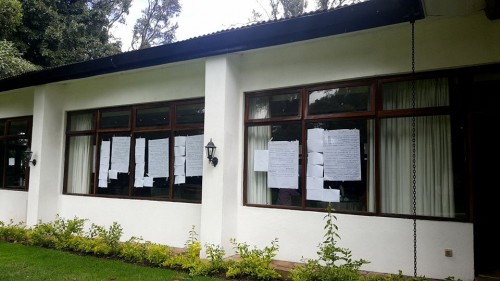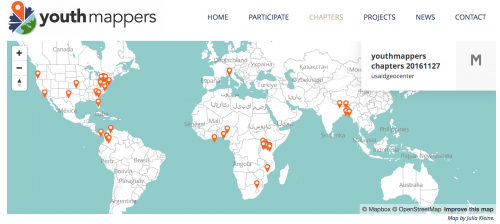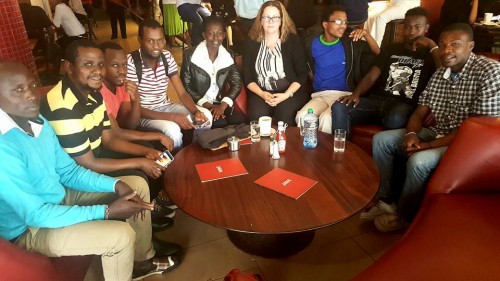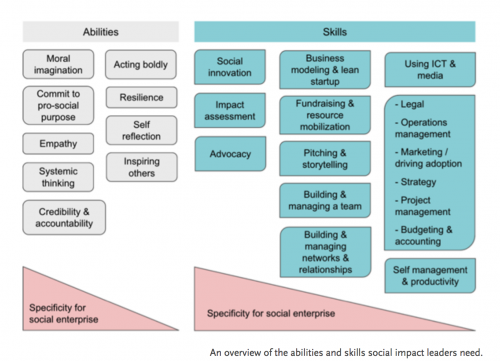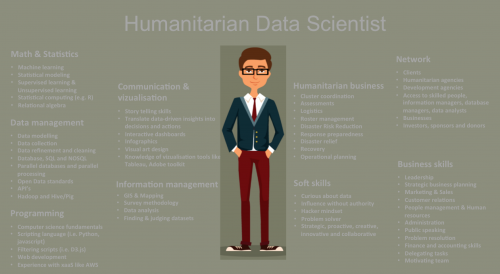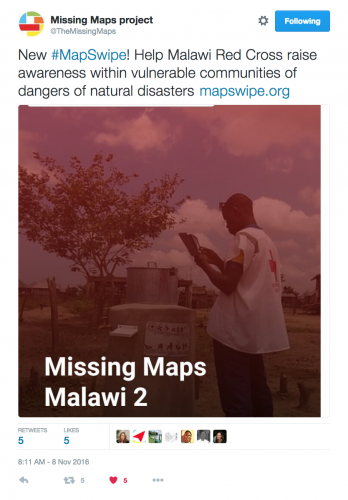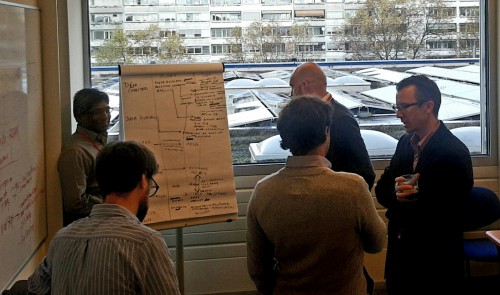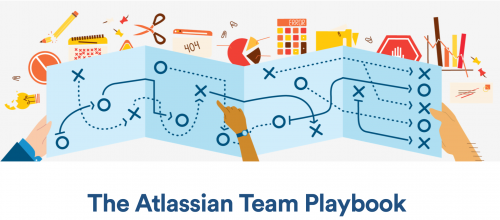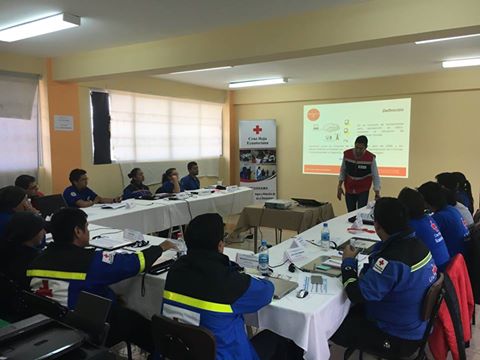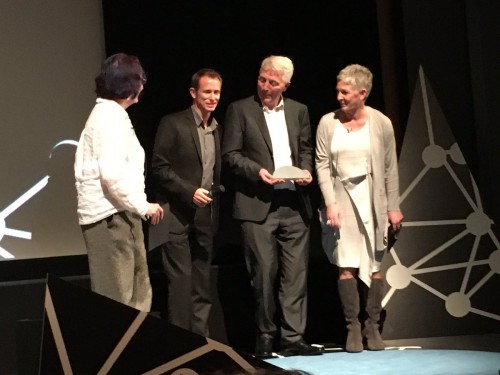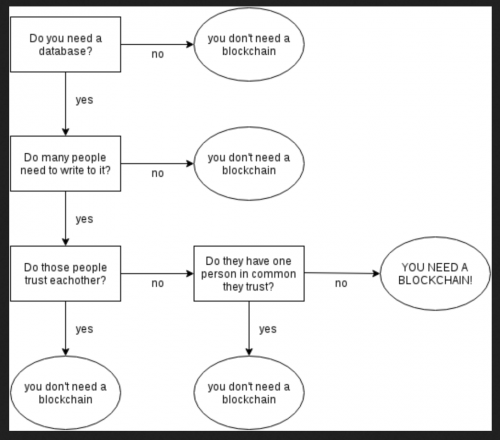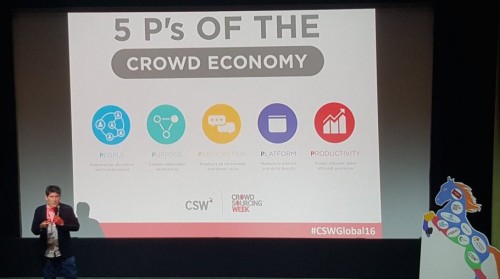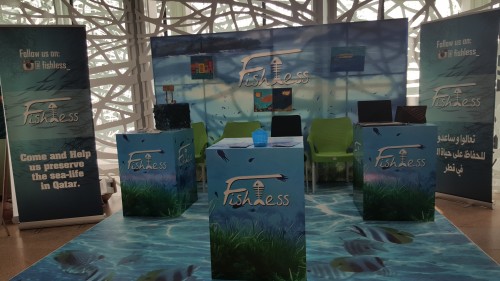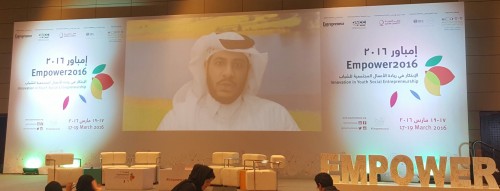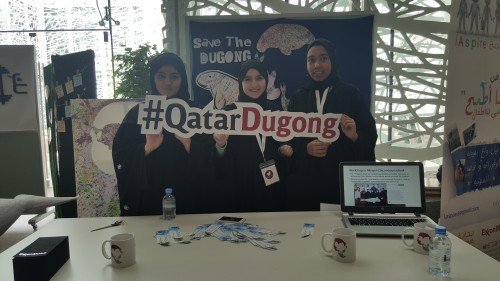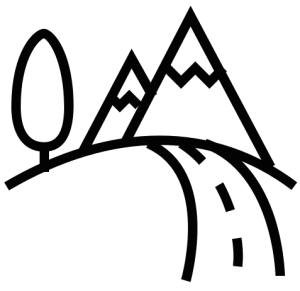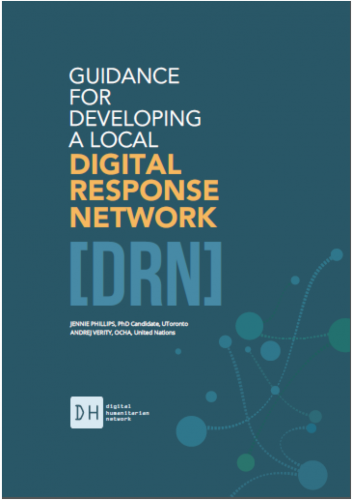[ed. note: Data @ IFRC is a blog series to share highlights from data-driven Red Cross Red Crescent national societies, learning opportunities and thought pieces on all things data from ethics to evidence.]
This week I had a chat with a colleague about our theory of change. To me, success is data skills increased in the organization (outside the IT department) by closing the gap between technical and traditional ‘non-technical’ humanitarian roles. Some of the key skills required to be data ready are not data science related but more about how we share and communicate. Over on the General Assembly blog this piece illuminates that Data Skills can be acquired by those with non-math backgrounds. “Non-math backgrounds bring new perspectives to data analysis.”
Learning Opportunities
Have you made some resolutions to learn new things? There are numerous courses kicking off soon: satellite imagery, mobile literacy curriculum, data analysis and data visualization.
ESRI Massive Open Online Course on Satellite Imagery: “Digital images of earth’s surface produced by remote sensing are the basis of modern mapping. They are also used to create valuable information products across a spectrum of industries. This free online course is for everyone who is interested in applications of earth imagery to increase productivity, save money, protect the environment, and even save lives.”
Mobile Information Curriculum:“The Mobile Information Literacy curriculum is a growing collection of training materials designed to build information literacies for the millions of people worldwide coming online every month via a mobile phone.”
Learn Data Analysis Circuit from General Assembly :“Learn to gather, analyze, and tell stories through data with SQL, Excel, and visualization.”
Data Exploration and Storytelling: Finding Stories in Data with Exploratory Analysis and Visualization: “This course will introduce you to ways to use data as a source to tell stories. We’ll demonstrate techniques and tools to interrogate data for answers – gathering, cleaning, organizing, analyzing, visualizing and publishing data to find and tell stories.” (Hat tip to Jason Norwood-Young. I’m enrolled in this course and welcome IFRC colleagues to join me.)
Community and the Joy of Data
For years, many of us have been working in community engagement. Community data as core to any project’s success. New articles from Civicus “Making Citizen Generated Data Work” and ICRC “Can Citizen Driven Response Improve Humanitarian Action.” Both are excellent works. But, we need to start dropping “citizen” and replace it with “Community” to be more inclusion. Many people live in areas where they are not ‘citizens’. Data is often about ‘power’ and ‘inclusiveness.’
BBC has released their documentary “The Joy of Data” on youtube. In one hour, dive into the “witty and mind-expanding exploration of data, the story of the engineers of the data age, people most of us have never heard of despite the fact they brought about a technological and philosophical revolution.”
Just the tools, please
You are swamped and have no time for a course? The World Bank has you covered:
5 tools for Capturing, manipulating and visualizing data.
Are you designing workshops or leading teams? Our friends over at Fabriders have compiled an extensive list of Session Design tips, including the often overlooked “How Adults Learn.”
Digital security is increasingly a concern. Over at Electronic Frontier Foundation, they have tailored security learning packages for numerous user groups. The closest group to our humanitarians is journalists. How can we be data ready and ensure data protection? This is a high priority of the Movement. Thankfully, there are leaders like Rakesh Bharania taking aim at this literacy gap:
“Humanitarian action is increasingly dependent upon ICT. In the absence of legislation and standards within the community, humanitarian organizations must recognize the Obligation to Protect as it applies to information security, data protection and privacy as an essential part of the humanitarian mission. All humanitarian actors – whether they work for a humanitarian agency, are crowd-sourced volunteers on the Internet, or from the private sector – must be educated on the Obligation to Protect and how all parties must ensure appropriate and secure use of ICT and datasets.”
Read more “Humanitarian Information Security and the Obligation to protect.”
Latest in Humanitarian Data
The Center for Humanitarian Data (an OCHA initiative) is set to open in August 2017. Check out their website for details. They are building tools and processes using open source and open data principals.
